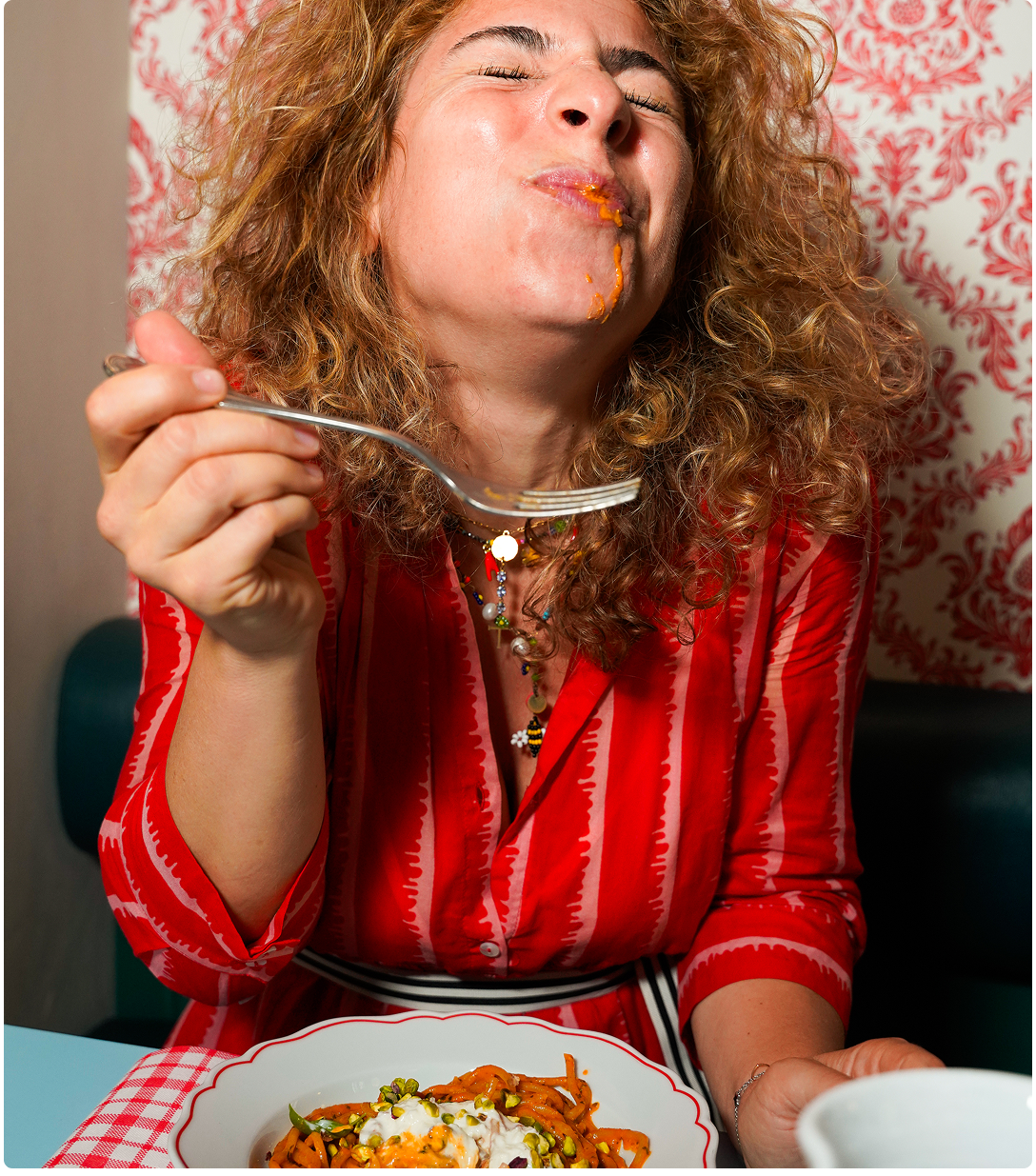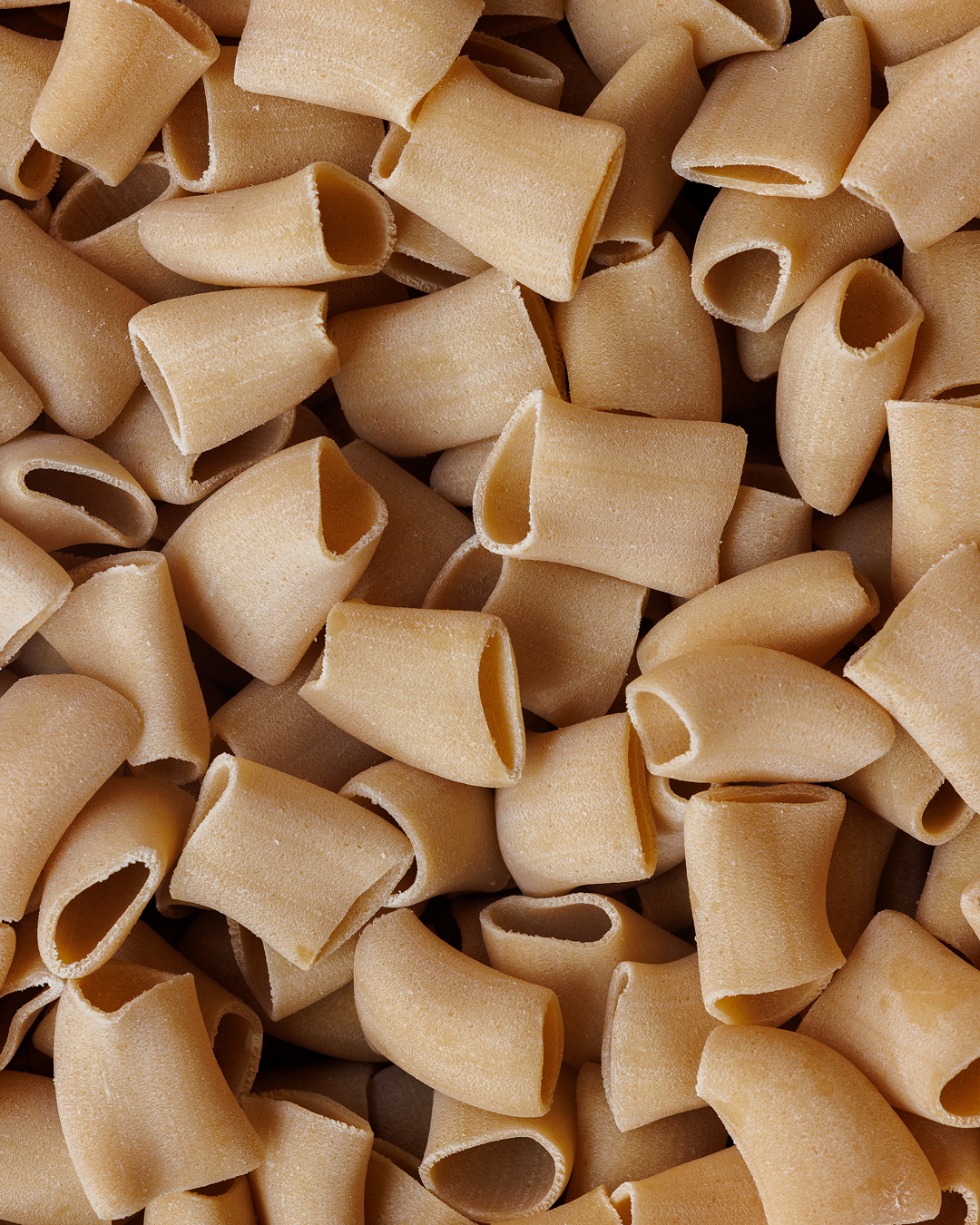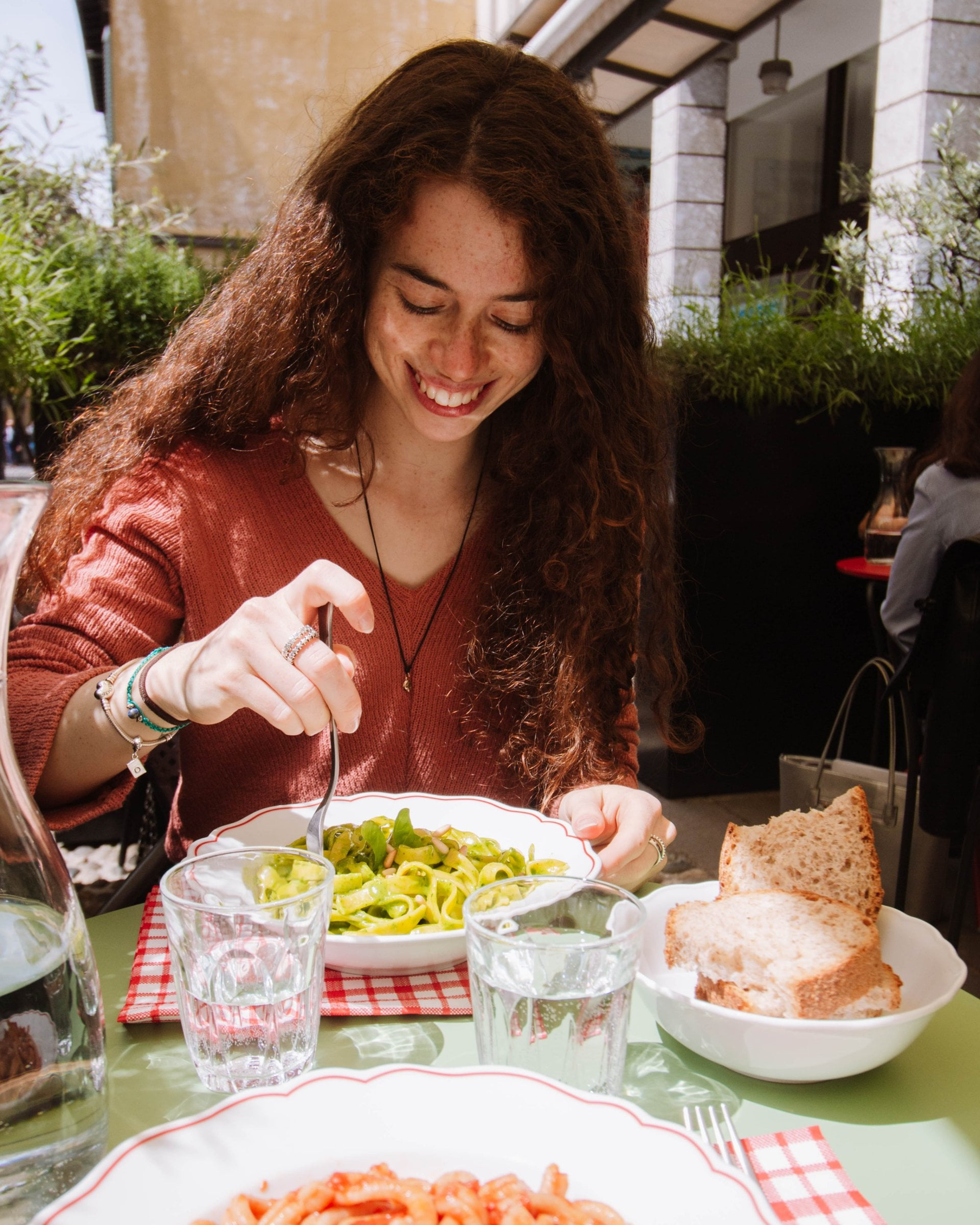
The Mediterranean Diet is good for you.
The pasta is at the heart of the Mediterranean Diet, which since 2010 has been recognized by UNESCO as an Intangible Cultural Heritage of Humanity. What are its riches? First of all, the Mediterranean Diet is not only about food but also and especially happiness. At its base are conviviality, dialogue, hospitality, sharing, and creativity.
For us, who want to make people happy by bringing into the world the values of the Mediterranean Diet, its definition is a mantra that accompanies us every day and reminds us that the recipe for happiness is made of simple ingredients. UNESCO defines it as follows:
The Mediterranean Diet comprises a series of competencies, knowledge, rituals, symbols and traditions concerning the cultivation, harvesting, fishing, breeding, preservation, cooking and above all the sharing and consumption of food. Eating together is the basis of cultural identity and the continuity of communities in the Mediterranean basin. The Mediterranean Diet emphasizes the values of hospitality, neighborhood, intercultural dialogue and creativity and represents a way of living guided by respect for diversity. It plays a vital role in cultural spaces, festivals and celebrations bringing together people of all ages and social classes; it includes crafts and the production of containers for the transport, preservation and consumption of food, including ceramic and glass dishes. Women play a fundamental role in transmitting the knowledge of the Mediterranean diet.
The main ingredients are: a long table of friends, excellent wine, good food to share, long conversations and lots of laughter. Eating well, therefore, means happiness. And this already is a great reason to include pasta in your daily menu.

In Favor of a Diet
Carbohydrates are healthy nutrients with a low glycemic index. This means they do not overburden the liver and kidneys, making them easily digestible. Our metabolism processes carbohydrates much faster than proteins and fats, dissipating calories as heat rather than storing them.
Two small tips: the more pasta is cooked, the higher the glycemic index. It's therefore better to avoid pasta that is overcooked so as to absorb fewer sugars and manage digestion better. It is also advisable to prefer whole-wheat pasta. This is because it is rich in fiber that keeps bad cholesterol at bay, promoting regular metabolism and giving a greater sense of fullness.
And not only that, pasta is extremely useful against insomnia.
Yes, pasta also helps you sleep better because it relaxes and promotes greater production of melatonin, a hormone that has a sedative effect on our brain. Midnight spaghetti, therefore, is approved.
Good carbs, good vibes
After a plate of pasta you feel good, and this is because pasta contains tryptophan, an amino acid that our body converts into serotonin, a neurotransmitter with antidepressant effects. And if we are more relaxed, we reduce the production of stress hormones (such as cortisol), which often lead to weight gain.

Eat pasta, run fast
Fiber and complex carbohydrates provide a steady source of energy for body and mind, because they allow a gradual release of glucose into the bloodstream without taxing the metabolism. The starches it contains are absorbed as sugars and delivered to the cells gradually. That's why eating pasta helps fend off mid-afternoon hunger.
To confirm all these good news, a study from the University of Toronto published in BMJ Open appears.
John Sievenpiper, who led the study, says: "The study shows that pasta does not contribute to weight gain or to an increase in body fat. In fact, the analysis found a slight weight loss. Therefore, contrary to popular belief, pasta could be part of a healthy diet like a low-glycemic index diet."
How was the study conducted? The behaviors of 2,448 testers were analyzed. During the experiment the participants had to substitute pasta for other carbohydrates within a healthy low-glycemic diet (just like the Mediterranean diet).
Each of them ate, on average, 3.3 servings of pasta per week.
The result? After 12 weeks the participants had lost about half a kilo, with a corresponding, albeit slight, reduction in body fat.
So, to everyone's delight, even experts debunk the myth that pasta makes you gain weight, showing, in fact, the opposite.
For all these reasons we have chosen to put pasta at the center of our table, beside a good house wine and many friends with whom to share them.
We always tell you that the recipe for happiness is made of simple things.
